Mobile payments are becoming a mainstay within the hospitality sector. These methods offer guest benefits while simultaneously presenting the property in a more amenable light. Let us take a quick look at some of the advantages of this cutting-edge technology to better understand why these methods should be implemented.
Table of Contents:
- A Quick Look at Mobile Payments
- How do Mobile Payments Work Within the Hospitality Industry?
- Some Examples of Mobile Payments in Relation to Hospitality Management
- Dedicated Mobile Banking Applications
- Four Reasons Why Mobile Payments are Becoming Popular Within the Hospitality Sector
- How Can My Hospitality Business Accept Mobile Payments?
- Mobile Check-In: What are The Benefits for Hotels?
A Quick Look at Mobile Payments
Mobile payments are transactions using a portable device such as a smartphone or a tablet. Regarding hospitality technology, these payments are convenient because customers will no longer be forced to use traditional methods such as credit cards. This can provide a convenient edge for those whose hectic schedules might already govern. As most guests will arrive with some mobile device, it only stands to reason that this payment type is quickly becoming a mainstay within the hospitality industry. Now that you have a basic overview of such transactions, it is a good idea to relate them to modern hotels.
How do Mobile Payments Work Within the Hospitality Industry?
While the technology behind mobile payments is slightly complicated, the fact of the matter is that their principles are rather simple. First, a terminal equipped for contactless payments will need to be present. This is often located at a typical point-of-sale (POS) station. The customer will then place his or her mobile device within two inches of the terminal. Once the device is detected, the transaction process will begin. Detailed and encrypted payment information is sent between the two devices; the process normally requires a few seconds to complete. Assuming that the transaction is recognized, the individual is prompted to provide proof of identification via a fingerprint scan or by entering a PIN code (depending upon the device and/or terminal). The transaction is approved, enabling the guest to validate the reservation and access a specific room.
Some Examples of Mobile Payments in Relation to Hospitality Management
It is already clear that mobile payments are quickly becoming one of the most pronounced hospitality trends. This is largely because these platforms are quite flexible in terms of implementation. What are some common examples, and how can these benefit your establishment?
Dedicated Mobile Banking Applications
Most banks offer their clients a mobile payment system in the form of a downloadable application. Many of these support contactless payments at hotels and similar establishments. The main intention here is to provide customers with an easier way of making payments while ensuring their personal data remains safe.
Apple Pay
Those who own a device powered by Apple likely possess a software package called Apple Wallet. This lets users store credit and debit card details directly on their phones. Thus, wireless payments can be made in a matter of seconds. This system likewise supports online payments and even transfers between two individuals. Some Apple Watches are also equipped with this digital wallet.
Google Pay
Google Pay is slightly different because credit card details are not required. Instead, this system is supported by a dedicated application of the same name. The Google Pay app sends an on-time encrypted number to their payment card. The wireless payment will be processed and accepted if the number is correct. It is also possible to use Google Pay to send and receive funds. Many brick-and-mortar establishments already accept Google Pay.
Samsung Pay
Samsung likewise provides users with a digital wallet. This wallet can be used at many merchant terminals (such as those in the hospitality sector). The principles associated with Samsung Pay are quite similar to those mentioned earlier, yet there is one key difference. Samsung users can often earn rewards such as cash-back incentives or points.
PayPal Transfer Systems
It is no great surprise that PayPal has likewise adopted a mobile payment system. Those with an account can download a dedicated iOS and Android operating systems application. There are no hidden fees, and customers may qualify for buyer protection depending upon the purchase. When making a reservation, the funds will be sent from a PayPal account, a slight advantage for those who do not wish to use their primary bank account.
Cryptocurrencies
Cryptocurrencies are unique because they are arguably the most secure and anonymous way to make a wireless payment due to high levels of end-to-end encryption. Therefore, those already familiar with digital currencies such as Bitcoin and Ethereum could find this alternative payment method quite attractive. However, it should be highlighted that not all establishments recognize cryptocurrencies as a valid form of payment. This is why customers should enquire in advance.
Four Reasons Why Mobile Payments are Becoming Popular Within the Hospitality Sector
There is no doubt that mobile payments are here to stay. We have already seen that they offer a secure and convenient means to complete a transaction within seconds. However, there is a bit more than may initially meet the eye regarding their sheer prevalence. It is, therefore, a good idea to quickly examine four additional windfalls which your property can expect to enjoy.
Increased Levels of Customer Satisfaction
One of the key components of a positive RevPAR involves the notion of customer satisfaction. Guests provided with the latest technological amenities are much more likely to feel that their bespoke needs are always catered to. This is particularly relevant regarding the convenience associated with mobile payment platforms. Satisfied guests are prone to leave positive online reviews, and as a result, your establishment can enjoy robust booking rates.
Fast and Secure
As mentioned previously, contactless payments are extremely fast and quite secure in relation to more traditional methods. Banks and financial institutions often utilize this same level of encryption to enact daily transfers. Guests can, therefore, remain confident in the fact that their personal details will remain hidden at all times.
Bespoke Loyalty Programmes
Many hotels will incorporate dedicated customer loyalty programs into their mobile payment platforms. This could be in the form of points or similar end-user rewards. Some common examples include discounts for those who choose to upgrade a room, advanced check-in options, deals at an in-house restaurant, or even the ability to sign up for local sightseeing tours without having to pay any additional charges.
The Importance of Hygiene
Due to the recent COVID-19 outbreak, hygiene is more important to guests than ever. Mobile payments help ensure a much higher level of on-site cleanliness, making guests feel comfortable during check-in. This also illustrates that the hotel in question is well aware of the challenges of these modern times.
Video: Advantages of Mobile Payments
In the video below, you will find the top 3 mobile payment advantages.
How Can My Hospitality Business Accept Mobile Payments?
There are a handful of considerations if you wish to accept this form of payment, including:
- The ability of your POS terminal to accept mobile payments;
- The presence of NFC technology, such as encryption and digital tokens. This will help to prevent potential fraud;
- A reliable payment service provider that accepts these types of payments.
Mobile Check-In: What are The Benefits for Hotels?
The article “Reasons Why Mobile Payments are Getting More Popular in Hospitality” has shed much light on why mobile check-in methods are prevalent within the hospitality sector. As this technology and its many conveniences continue to become recognized, it only stands to reason that hotel management should begin to adopt such practices sooner rather than later.
More Technology Tips in Hospitality
Technology plays a significant role in the hospitality industry, and its presence is expected to increase in the coming years. In the following articles, you will learn more about technology:
- Smart Hotel; What Are the Benefits for Hotel Owners and Guests?
- How Can Voice Control Benefit the Hospitality Industry?
- The Latest Technology Trends in the Hospitality Industry
- What Are the Important Features When Choosing a Hotel Bot?
- Hotel Robots: An Overview of Different Robots Used in Hotels
- More Hotel Technology Solutions, Trends, and Tips
It is now clear why mobile payments are prevalent in the hospitality sector. There is no doubt that this trend will become even more pronounced in the near future, so managers who adopt a proactive mindset can remain one step ahead of the curve.
More Tips to Grow Your Business
Revfine.com is the leading knowledge platform for the hospitality and travel industry. Professionals use our insights, strategies, and actionable tips to get inspired, optimize revenue, innovate processes, and improve customer experience.Explore expert advice on management, marketing, revenue management, operations, software, and technology in our dedicated Hotel, Hospitality, and Travel & Tourism categories.
This article is written by:
Hi, I am Martijn Barten, founder of Revfine.com. With 20 years of experience in the hospitality industry, I specialize in optimizing revenue by combining revenue management with marketing strategies. I have successfully developed, implemented, and managed revenue management and marketing strategies for individual properties and multi-property portfolios.

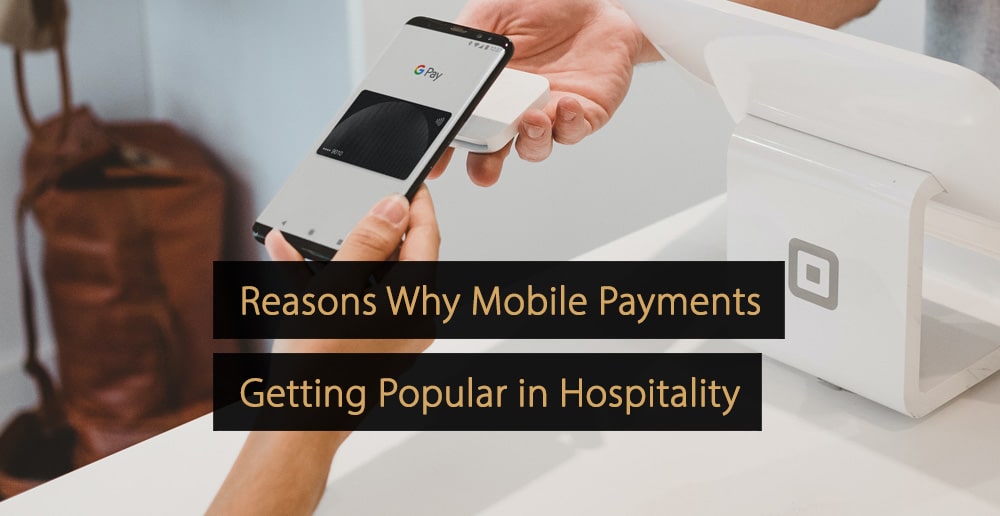

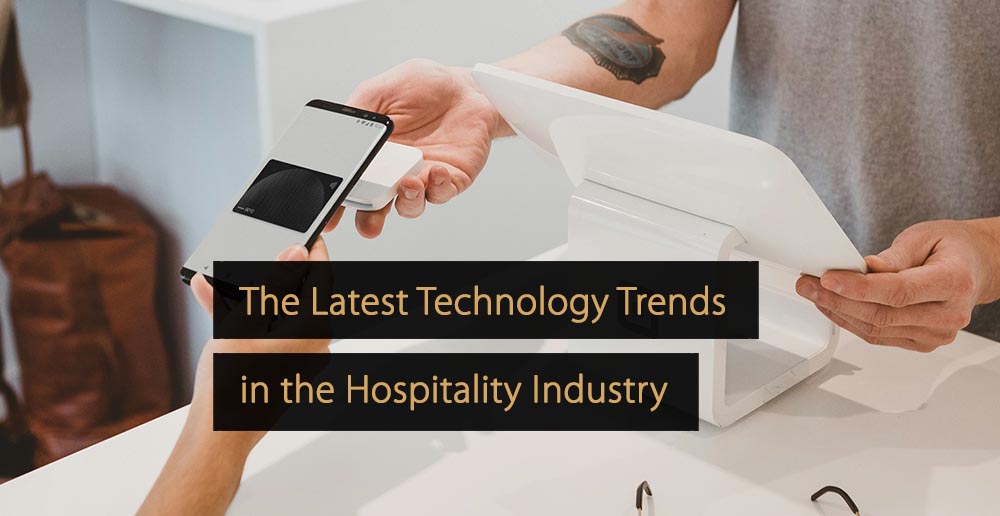

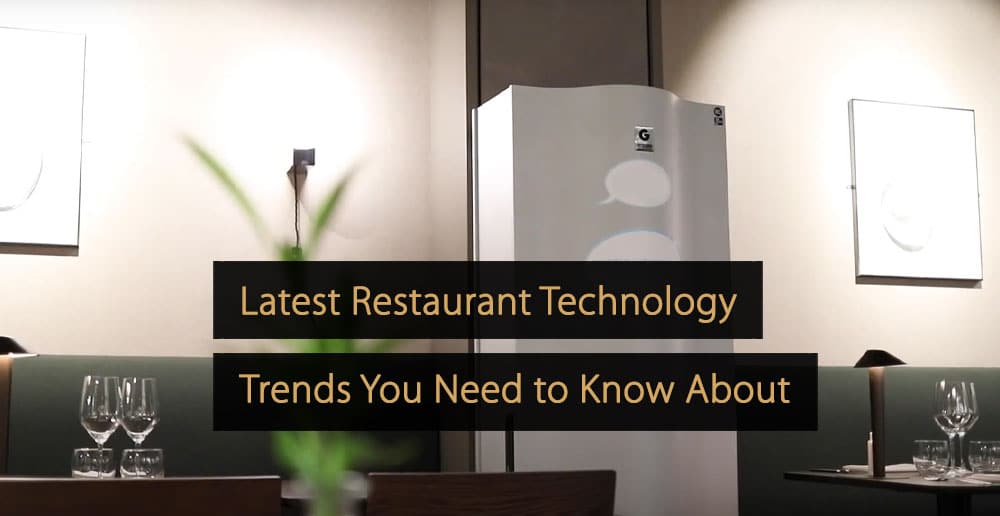
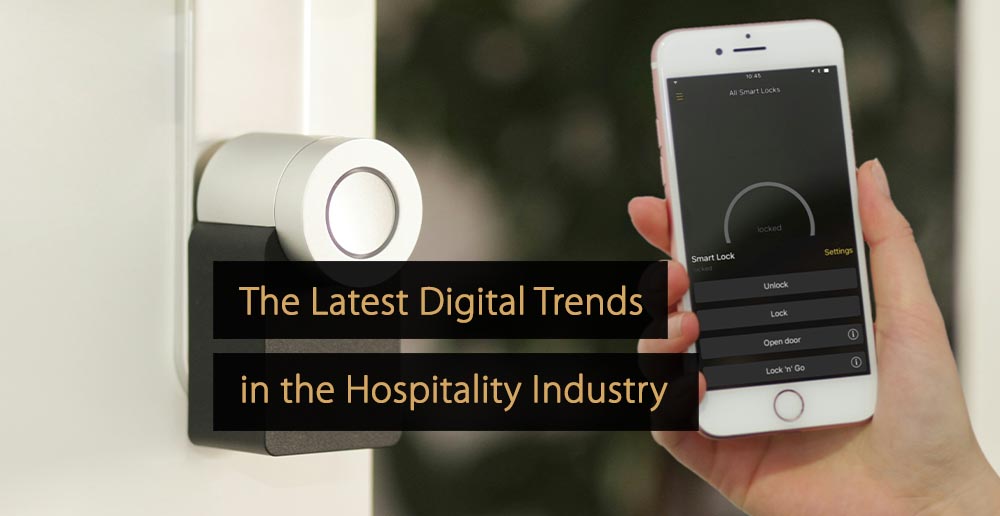

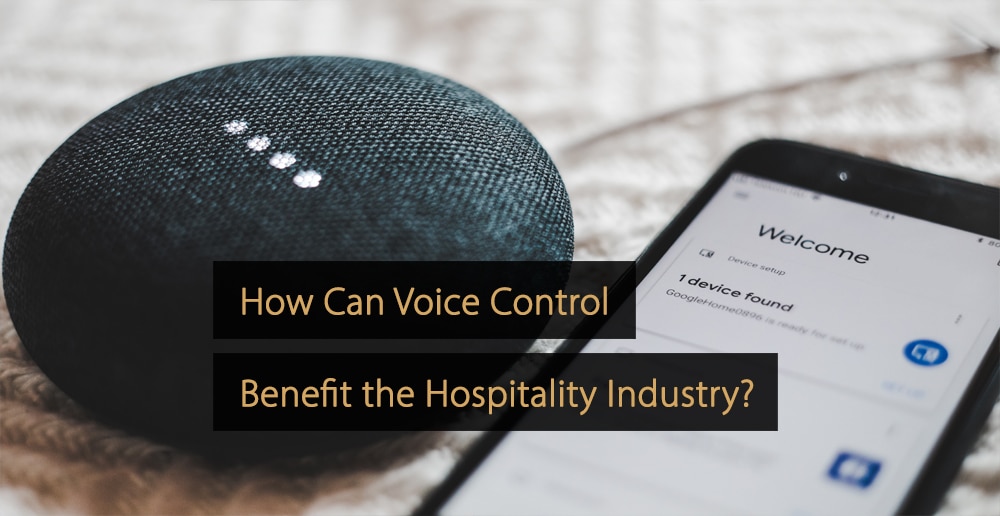
Leave A Comment